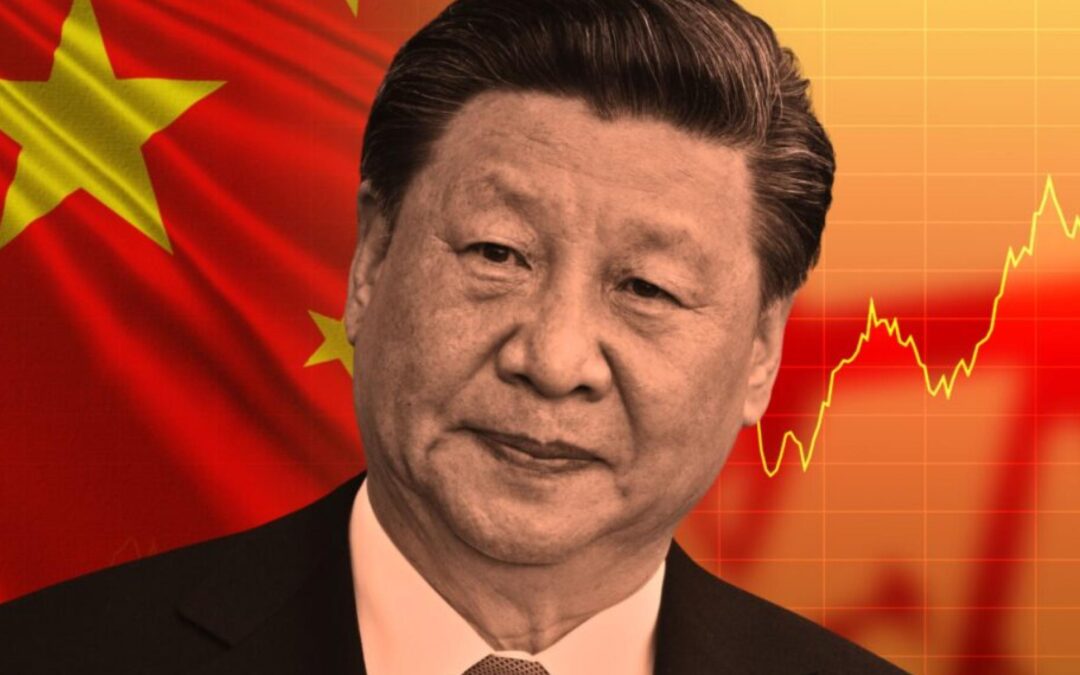President Xi Jinping of China held a meeting with Taiwan’s Former President Ma Ying-jeou. This marks their first encounter since their noteworthy handshake in Singapore nine years ago.
What Happened: The leaders aimed to project a reconciliatory image despite the ongoing cross-strait tensions. Xi asserted that “foreign interference cannot stop the historic trend of reunification,” while Ma emphasized the need to avoid conflict, reported South China Morning Post on Wednesday.
Ma’s Beijing visit comes on the heels of his tour of several other Chinese cities, including Guangzhou, Zhuhai, and Xian. This visit takes place amid escalating tensions, with the independence-leaning William Lai Ching-te set to take over Taiwan’s presidency in just over a month.
“War between the two sides would be unbearable, and the two sides of the [Taiwan] strait have the wisdom to avoid conflict,” Ma said.
These tensions have also affected US-China relations, with Xi cautioning U.S. President Joe Biden that Taiwan is a “red line” for Beijing. The US, while not recognizing Taiwan as independent, opposes any forceful attempts at reunification and remains committed to supplying Taiwan with weapons.
Ma, who served as Taiwan’s president from 2008 to 2016, continues to be a significant figure in Taiwan’s Beijing-friendly camp. His meeting with Xi in Singapore had occurred amid increasing anti-mainland sentiment in Taiwan.
During his Beijing visit, Ma reiterated his anti-war stance, emphasizing the need to “resolve disputes peacefully”.
Why It Matters: This meeting comes amidst a backdrop of escalating tensions and disinformation campaigns. Chinese state media has been accused of spreading unverified reports about Taiwan’s President Tsai Ing-wen planning to escape in a U.S. plane if war breaks out with China.
In addition, Chinese actors have reportedly used artificial intelligence (AI) to manipulate videos and disseminate disinformation during Taiwan’s national elections, potentially posing a risk for the upcoming U.S. 2024 elections.
Furthermore, the recent earthquake in Taiwan has put the world’s semiconductor supply chain to the test, adding another layer of complexity to the cross-strait relations.
Read Next: Donald Trump’s China Tariff Push Could Slow Down Economy And Fuel Inflation, Goldman Sachs Cautions
Image Via Shutterstock
<p style="font-family: sans-serif;padding-top: 20px"
Engineered by Benzinga Neuro, Edited by
Kaustubh Bagalkote
The GPT-4-based Benzinga Neuro content generation system exploits the extensive Benzinga Ecosystem, including native data, APIs, and more to create comprehensive and timely stories for you.
Learn more.


Recent Comments